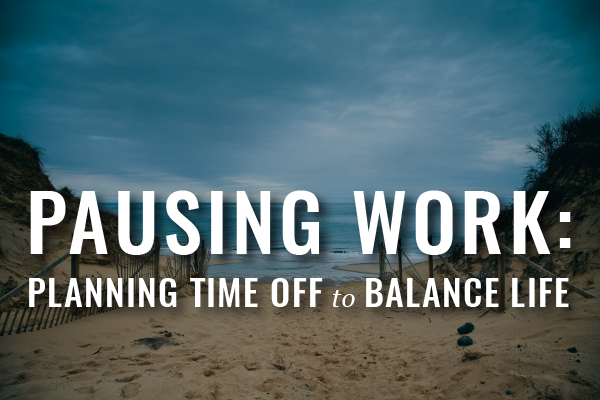Lawyers have a reputation for being workaholics. Much of it is deserved. Even though it’s harder now than ever before to make a living, let’s not kid ourselves: attorneys have been working overtime for a long, long . . . long time. The ability to work oneself into the ground, in this profession, is (more often than not) seen as a badge of honor: the willingness to do anything it takes to serve the client, as against whatever other obligations surmount, is viewed as the highest calling of a committed lawyer . . . despite whatever damage is done to individual lawyers’ personal lives in the process. So many lawyers have bragged to me about skipping out on family functions when duty called, that I just stopped counting them.
Aristotle most famously described the virtues of moderation — even if no one now pays attention, including attorneys. The problem with lawyers is not that they work hard (that is virtuous); the issue is that attorneys have great difficulty balancing their work lives against their personal lives — for the majority of lawyers, the former wins out, almost all of the time. This is an especially difficult conundrum for solo attorneys, some of whom are the sole breadwinners for their families; livelihood rises and falls with them alone. The temptation is certainly there to work all the time: to drive new business, to drive yourself to engage existing business.
People will tell you that there isn’t anything like work-life balance anymore, that it’s all flow, and that the passive acceptance of whatever is thrown your way is the only true method for managing yourself in the early 21st Century. I don’t buy it. You’re likely to get more out of whatever you do, if you proactively manage your activities; but, the further point is that flowing through whatever comes next means you never get a break; if you handle work whenever it comes, and family whenever it arrives, you’re under constant pressure to accommodate, you’re on the verge to serve, at any moment. Serenity is not about avoiding changing those things that you can change.
The value of compartmentalizing: setting aside specific times for specific activities, is that you can focus on one thing, to the exclusion of everything else. This sort of monopressure (your commitment to yourself is to complete one task, rather than sitting on the edge of one of about a billion things you could do), allows you to relax your alternate obligations. If you’re set up to be able to work at all times, you won’t be able to effectively de-stress; instead, your stress will build and build.
I understand that most attorneys feel stuck (‘I have to work all the time’); but, it doesn’t have to be that way.
Try this experiment. Take at least one day each week when you don’t work. Set that appointment, and follow-through. This will be your weekly personal day, your pressure-less day. (This doesn’t, by the way, mean that you start working at 12:01 am the next morning — get a good night’s sleep, too.) Mostly, this is a psychological exercise; and, you will likely be surprised how welcome a break day will become, how much it will serve as motivation to get you through the rest of the week, how your mental acuity resharpens when you do work, how much more willing you will be to engage even the most difficult projects . . . Heck, you may even find out that, all those things you thought couldn’t wait, actually can.
Rest periods have been a mainstay of a number of major religions; but, you don’t have to be devout to find your own measure of enlightenment. You just need to chill.
Liner Notes
On the 4th of July’ by James Taylor
Seize the Day: The Pause That Refreshes
This article is for informational purposes only. It is not intended to be used in place of professional advice, treatment, or care in any way. Lawyers, law students, judges, and other legal professionals in Massachusetts can find more on scheduling a Free & Confidential appointment with a licensed clinician here.
CATEGORIES: Career Planning & Transition | Client Relations | Lawyer's Quality of Life | Productivity




